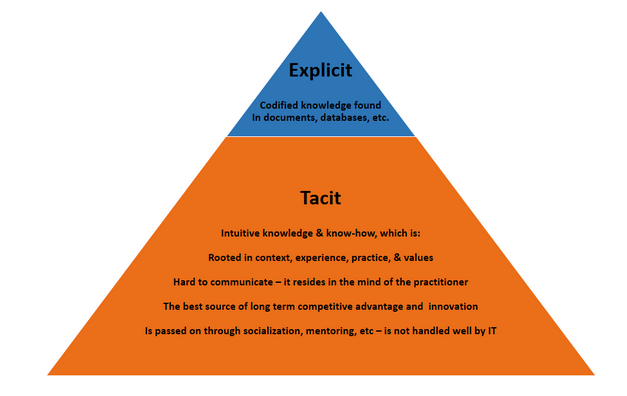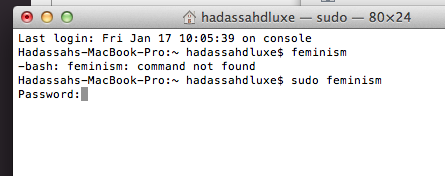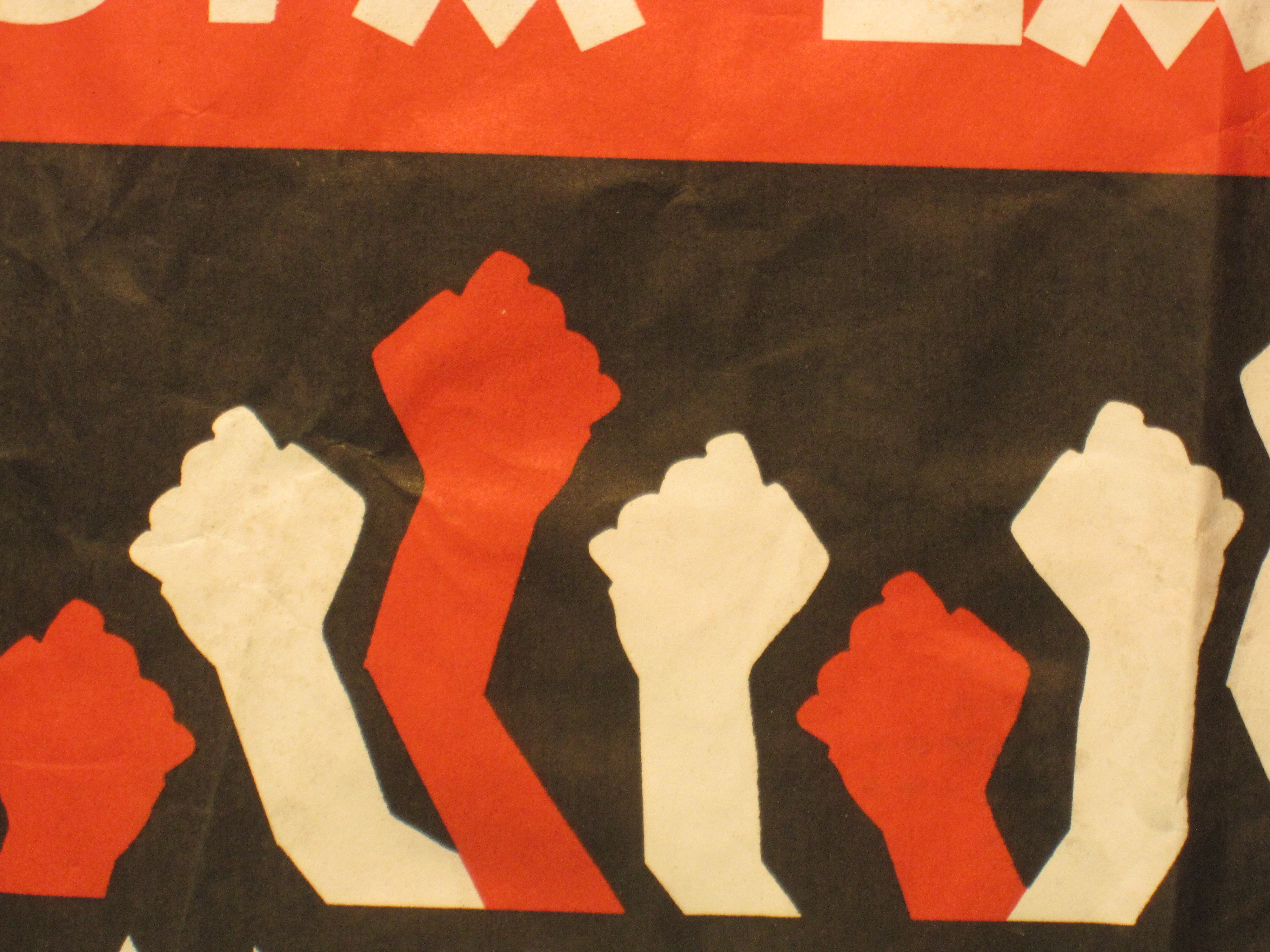The one simple thing that US digital infrastructure can’t do to encourage civic participation: Share UIDs Those who know me appreciate that I like to get to the bottom of things if I think it’ll help solve a problem. There’s a reason – logical or otherwise – why things are the way they are. While technology… Continue reading Civic participation, digital infrastructure, and why the US is behind
Category: Power
Femme Hacking
Femme hacking, n.: to use tacit knowledge of deprivileged structures [femme science] to apply roundabout methodologies of tool-using [hacking] in order to achieve an outcome. Having emerged from academia, I’ve thought a lot about the ways in which knowledge is articulated, permissioned, and authenticated: e.g., one must clearly express a defensible statement; problematized as: how do you know… Continue reading Femme Hacking
Liberation approaches to Technology: Interview
The fantastic author, librarian and activist Melissa Morrone [@InfAgit] interviewed me to discuss technology, feminism, decentralized networks of power, and liberation-focused approaches to teaching. quality content Read the whole interview here: http://libraryjuicepress.com/blog/?p=4778. A few choice quotes: MM: can you talk more about that in your approach towards technology and intimidation? HD: This plays into both… Continue reading Liberation approaches to Technology: Interview
Insurgency and Anarchafeminism
 Basically my life is totally great because I decided to make it my part-time job to study how people are collectively, creatively rebellious. Again, this means I look at participatory extralegal systems like socially-engaged, guerilla and performance art, tactical media, forms of DIY/DIWO production cultures, copyleft, and pop-ed. One of my absolute favorite pop-ed/guerilla art… Continue reading Insurgency and Anarchafeminism
Power is Just a Snack
Power is going to come up a lot, so it’s worthwhile to think about a bit. One of the ways that I am interested in how activist art manifests is against, alongside, parallel to, and in opposition to P/power. But how does it work? Chomp, Chomp A mental exercise: Imagine a delicious cracker sandwich, made… Continue reading Power is Just a Snack
Usership, Intersubjectivity, Political Meaning
If the people who are making vernacular, politicized cultural forms are also using these forms and doing so in groups, how do we talk about them? What about when them are us? Users are Experts Steven Wright*, in a 2007 lecture about people using socially-engaged art, points out that they are experts of their… Continue reading Usership, Intersubjectivity, Political Meaning
Where It Lands: Users and Relational Aesthetics
We did an overview of what activist, and socially-engaged / participatory art is and who it is made by in the last posts, so now lets look at some of the ideas artists and makers invoke behind this type of work: users and usership, relationality, intersubjectivity* and groups. Users of the Art/Cultural Experience Activists and… Continue reading Where It Lands: Users and Relational Aesthetics
Makers: Actors, Artists, … Users
Who makes activist/political arts? The individuals and groups who make this kind of cultural production are primarily: movement actors [e.g. activists] within the communities meant to experience and co-create the work; artists, cultural activists, tool-having professionals, also often from within the discourse communities. These groups are far from mutually exclusive and often involve a lot… Continue reading Makers: Actors, Artists, … Users





